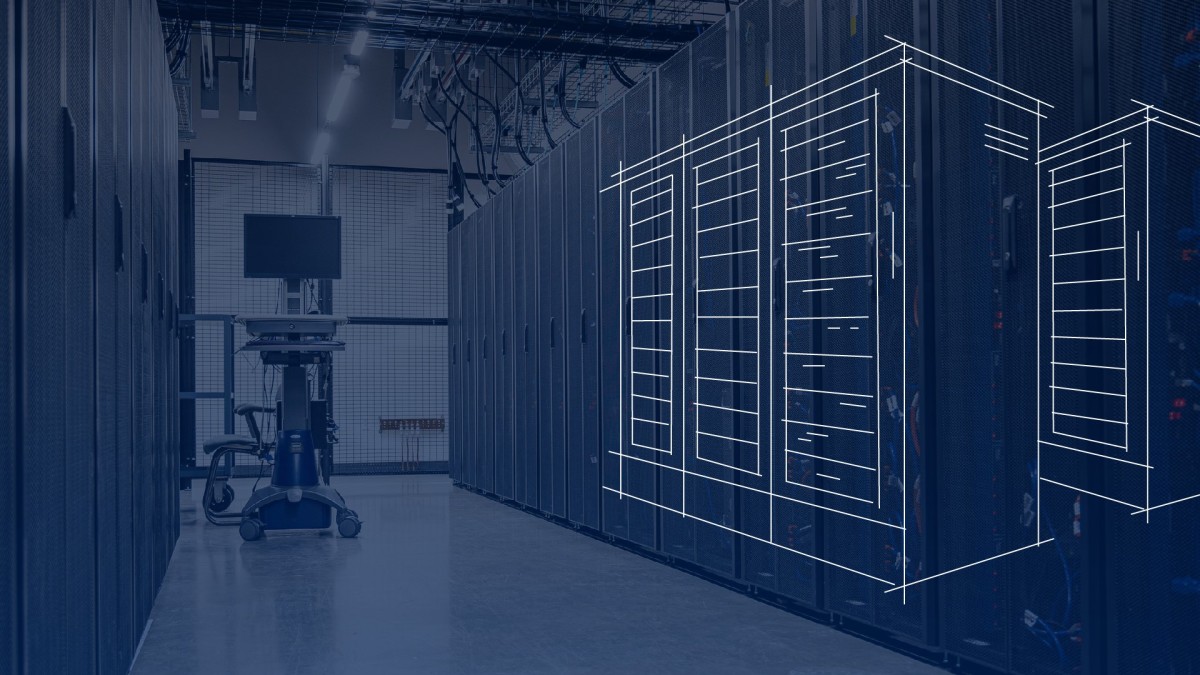The research surveyed 475 executives from data centre operators and contractors across the UK and Europe and included qualitative interviews with Mercury Engineering, Ada Infrastructure, Mace Technology and Manufacturing and Equinix found that:
- 63% of operators surveyed say the efficiency of power consumption is in their top five priorities for data centre design
- 57% of respondents selected ‘minimising cost’ as a priority for data centre design this year
- 62% of operators rank ‘meeting the needs of AI computing infrastructure’ among their top five data centre design priorities for 2024.
Supply chain risk’s impact on planned activity
Operators are expected to commission 65% more data centre capacity in 2024, with the likely use of Cloud as the top driver of demand for data centres (54%), followed closely by AI (53%). However, supply chain risk has placed the sector under strain. 70% of the respondents agree that supply chain shortages and disruptions will limit digitalisation in Europe in the next five years and 35% of operators have reduced the number of planned data centres and 57% of contractors have turned down projects due to supply chain risk.
With the most likely disruptions, with the most impact expected to the data centre construction supply chain, expected to be:
- Increased environmental regulation – 60%
- Disruptions from physical climate risk – 57%
- Geopolitical disruption – 56%
- Supply chain labour shortages – 49%
- Exchange rate fluctuations – 46%
- Armed conflict – 34%.
Liquid cooling to support sustainability targets
The research shows that by 2030, 58% of data centres are predicted to be using liquid cooling, with immersion liquid cooling the most likely adopted solution.
This move to liquid cooling could help many data centre clients meet their sustainability targets which presently only half of respondents admit to having put plans into effect. Only four in 10 respondents have adopted on-site renewable generation to date and fewer still presently scrutinise the environmental performance of suppliers (37%), measure and reduce the embodied carbon of material (31%) or select materials that boost energy efficiency (25%).
Investor impact
56% of respondents agree that investors in data centre projects will lose out unless the construction supply chain is improved. This is leading to 66% of contractors and 47% of operators using contractual measures to share supply chain risk with their counterparties.
Location, location, location
42% of respondents also noted that they or their customers are more likely to choose ‘new and alternative’ destinations as a result of supply chain constraints with Italy (65%), Germany (58%) and France (54%) the most likely destinations. But the main constraint to growth is the availability of power with very few countries within the EU and the UK actively aligning the data centre industry growth and national infrastructure development. Constraints on electrical networks have been further compounded by a shift from energy deriving fossil fuels (such as natural gas, diesels and gasoline) and exponential increased demand on the electrical networks.
Andrew Fettes-Brown, RLB Global Board Director, Head of Data Centres at RLB UK and Europe, comments, “The results of our research show a sector that is growing at an exponential rate and one which the supply chain needs to keep up with. Add this to the governance around sustainability and pressure from investors around ESG measures, we need to look at a flexible design approach that allows operators to maintain construction in face of uncertainty in the market with modular design and prefabricated components supporting this agility.”




